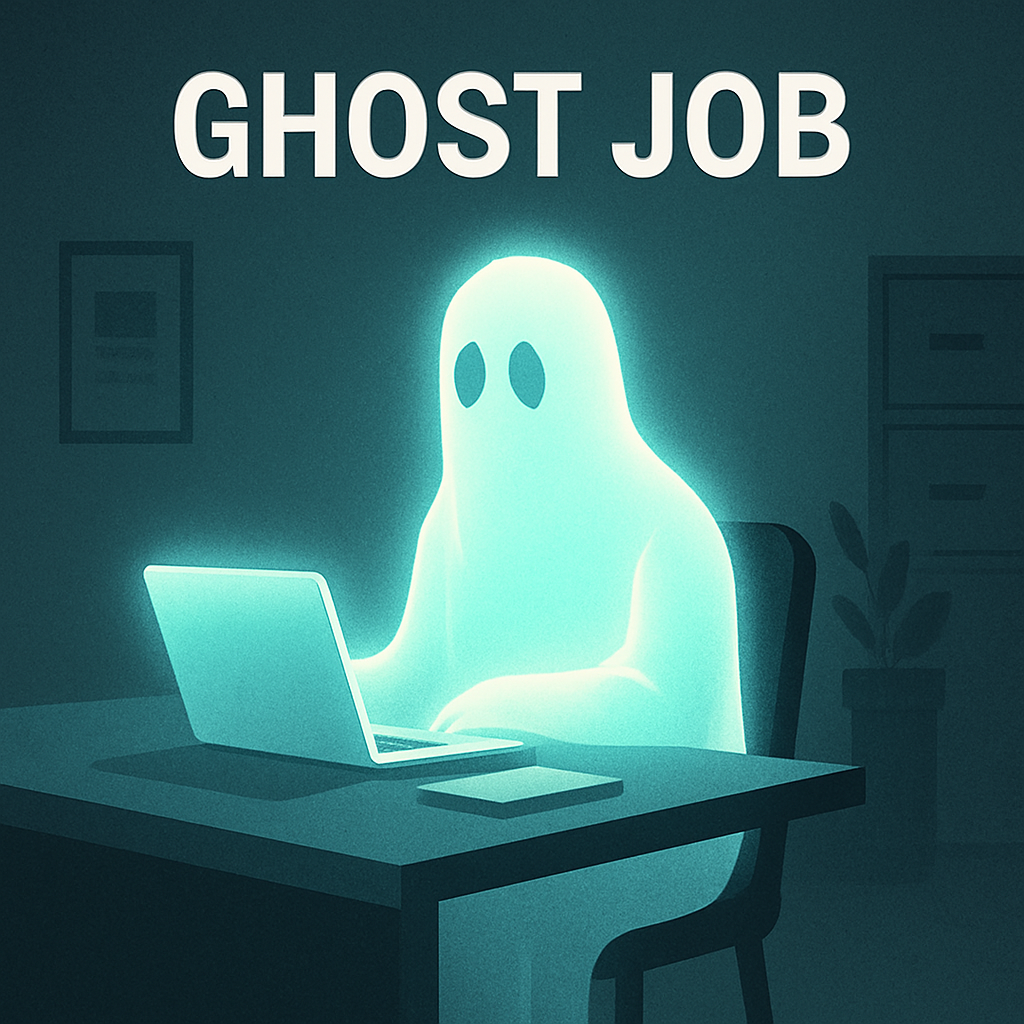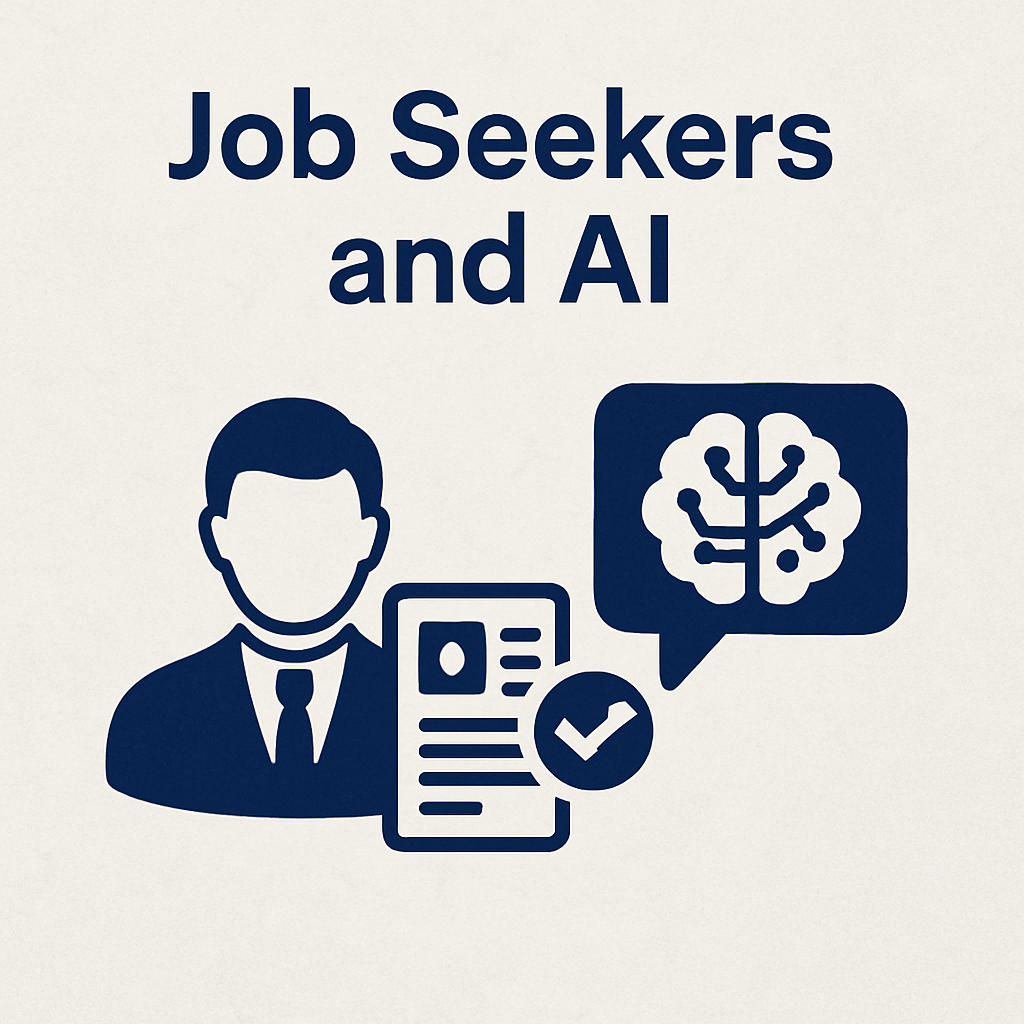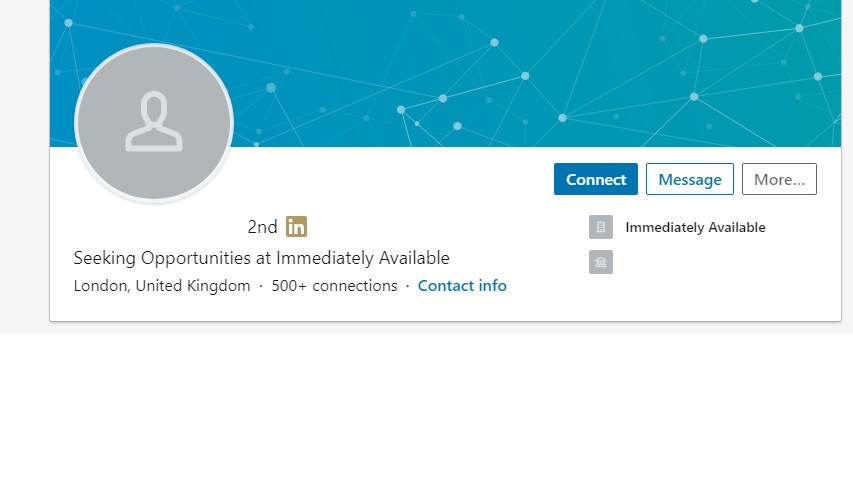Search is changing fast. AI-driven tools like ChatGPT, Perplexity, and Google’s generative search features are reshaping how people find information online. If you’ve built your digital career around SEO, or your role touches content and brand visibility, you’re about to face a new kind of competition.
The good news? Very few professionals have adapted to Generative Engine Optimisation (GEO) yet. Which means the early movers are going to stand out a lot.
First Things First: What GEO Actually Is
GEO is about making your content show up when AI search engines summarise information. Instead of ranking a web page in a list, the goal is to be the source an AI chooses to quote in its answer.
Think of it as optimising for the robot’s brain, not just its index.
Why This Is a Career Opportunity
- Early skill adoption: Companies will soon need people who understand AI search behaviour. Learning it now puts you ahead of most of the talent pool.
- Better career mobility: Mastering GEO can make you valuable across industries – from recruitment marketing to e-commerce to SaaS.
- Employer appeal: GEO expertise signals adaptability, curiosity, and tech fluency – all traits employers love.
How to Build GEO Skills in 5 Practical Steps
1. Study AI Search Behaviours
Experiment with tools like Perplexity or Google’s Search Generative Experience (SGE). Search your target topics and note:
- What kind of language appears in AI summaries
- Which sites or sources get cited
2. Create AI-Friendly Content
Start publishing:
- Clear, well-structured answers to common questions in your niche
- Short sections with bold headings and supporting facts
- Content that cites credible, up-to-date sources (AI loves these)
3. Track AI Referral Traffic
Use analytics to see if AI platforms are already sending visitors to your site or content. Tools like Google Search Console can help you spot early signals.
4. Add GEO Projects to Your Portfolio
Even if it’s a side project, document:
- Your optimisation approach
- The results (screenshots, traffic changes, citations)
- Lessons learned
These case studies are gold in interviews.
5. Follow the Experts and the Data
Read from sources leading the conversation:
- NYMag’s SEO to GEO piece
- Hubcopy’s GEO trend analysis
- SEO and AI integration discussions on LinkedIn
How to Talk About GEO in a Job Search
In your CV and interviews:
- Frame GEO work as “future-proofing” digital visibility
- Highlight your ability to adapt to industry shifts
- Connect GEO skills to business outcomes: increased reach, better engagement, faster adaptation to market changes
Your Next Move
The easiest mistake now is to think “I’ll wait and see.”
By the time GEO is mainstream, it will be a baseline skill. Right now, it’s a differentiator.
If you start experimenting today, you can walk into your next interview or client meeting with something few others have – proof you understand where search is going, and how to get there first.
References













Recent Comments